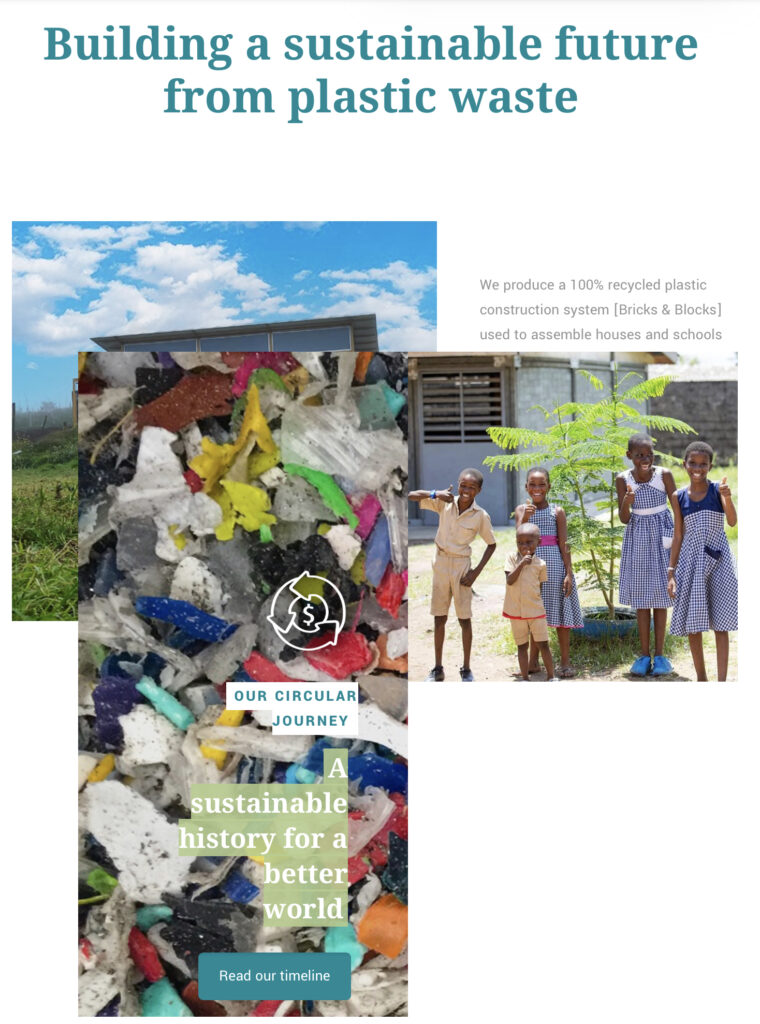Week-4

This week we held a debate on the topic of whether designers have innovated their design under conditions of environmental crisis. Through this debate, from both team I learned that designers are responding to environmental crises and changes. Various innovations and new attempts are being carried out to try to create new more environmentally friendly and sustainable materials and products.
This is worth us designers to learn from. However, However, there are still many designers and manufacturers carrying out projects that have a negative image on the environment., this involves relevant politics and institutions, and it is also deeply connected with consumerism.
As a member of team against, I will share some points I prepared.
【general points】
1- Designers and manufacturers are making products of better quality and more durable than before.
This means that users can use a product longer and more efficiently than before, so frequent replacements and discards are no longer needed. Frequent replacements of lower-quality products may require more frequent transportation of goods, contributing to higher greenhouse gas emissions. Durable products reduce the need for frequent transportation of replacements.
High-quality items often have longer lifecycles, which means they stay in use for a more extended period.
2-Service Design-The Sharing Economy
The platforms of sharing often promote the more efficient use of resources. For instance, ride-sharing services can reduce the number of private cars on the road, leading to less resource-intensive manufacturing, fuel consumption, and maintenance. Sharing models encourage the sharing and maintenance of products rather than single ownership and disposal. This can extend the lifecycle of products, reducing resource consumption.
Also, The sharing economy can promote a shift in consumer behavior from ownership to access, encouraging a more sustainable mindset. (When team FOR talks about consumerism, perhaps we can mention here the point about the sharing economy, as it has contributed to the shift in consumer behavior from buying ‘an item’ to ‘renting an item’).
【specific point (an example)】
「Conceptos Plasticos」


UNICEF partnered with a Colombian social enterprise that aims to turn plastic waste into sustainable solutions. They transform plastic into modular plastic bricks, which are easy to assemble, durable and low-cost, and used to build temporary classrooms for local children.
The bricks are made from 100% plastic, and they are fire-resistant and 40% cheaper than traditional building materials. They are highly waterproof and insulating and can withstand strong winds.
Not only does Conceptoes Plasticos approach help reduce the negative impact of plastic waste on the environment, it also solves housing problems in some areas, while it also provide some families with an additional income. (This example can be used to respond to the opinions about plastic waste cannot be recycled and causes pollution)
https://conceptosplasticos.com/





